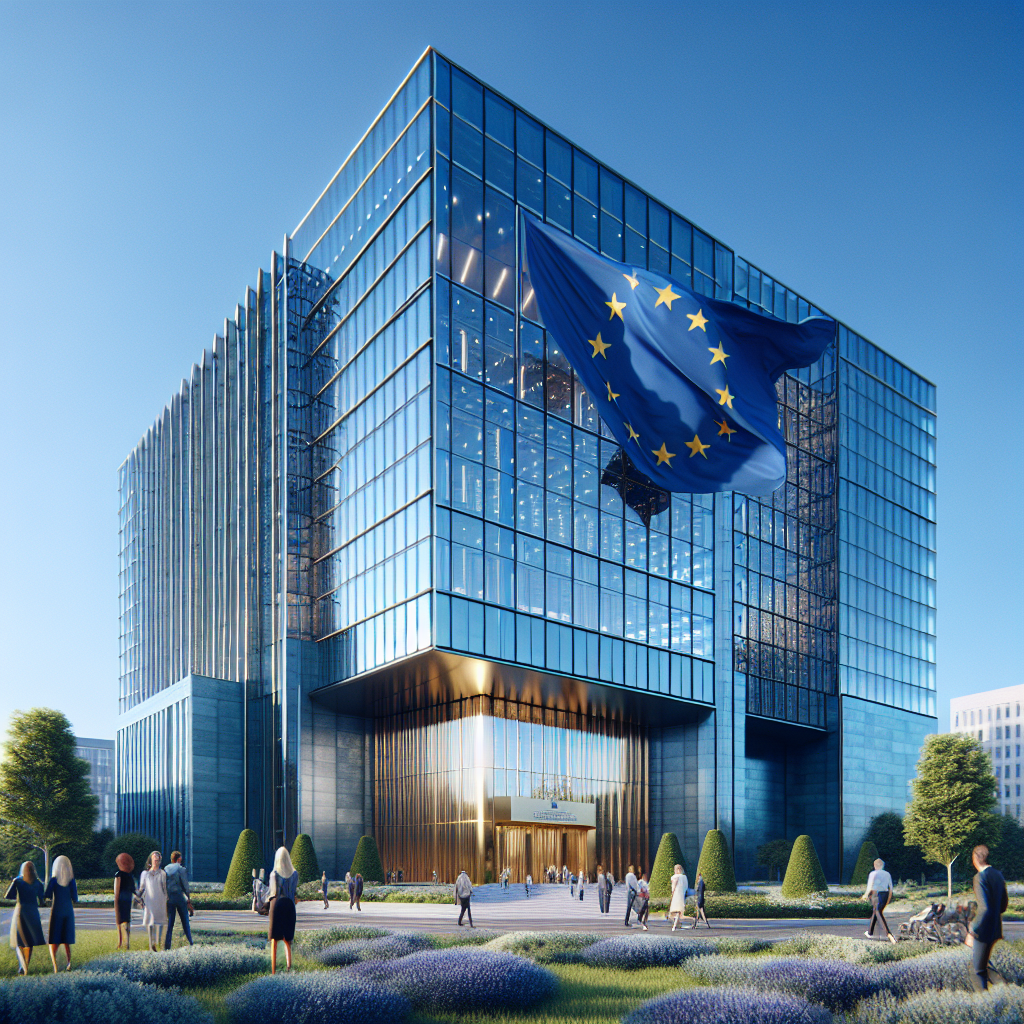Economic Dialogue Amid Trans-Atlantic Tensions
Christine Lagarde, president of the European Central Bank, responds to US President Donald Trump's trade deficit concerns with the EU, urging negotiations and mutual respect. While business leaders in Davos are optimistic about economic prospects, human rights advocates highlight the global suffering overshadowed by economic discussions.

- Country:
- Switzerland
The European Central Bank's president, Christine Lagarde, responded to US President Donald Trump's accusation of unfair trade treatment from the European Union by advocating for negotiations and mutual respect over simple trans-Atlantic trade figures.
Lagarde's comments at the World Economic Forum's meeting in Davos set the tone amid Trump's imminent return to the White House, overshadowing usual topics like climate change and free trade. Despite the upbeat economic prospects discussed by leaders, some attendees pointed out the pressing need to address global issues such as ongoing conflicts and the plight of migrants.
Trump, in a video address, emphasized the US trade deficit with the EU, pressing plans to address it. However, Lagarde called for a more nuanced approach, noting that countries, despite disparities, require each other. Trade officials at Davos warned that tariffs might backfire. The optimistic business atmosphere was contrasted by those like Amnesty International's Agnès Callamard, who criticized the lack of critical discourse about Trump's policies among the Davos elite.
(With inputs from agencies.)
ALSO READ
Global Trade Shifts: India and ASEAN Poised for Growth Amid Rising Tariffs
China's exports grew 10.7% in December, beating estimates ahead of uncertainty over trade tariffs, reports AP.
AerCap CEO Warns Trump's Tariffs Could Stall Boeing's Recovery
China's Economic Trajectory: Navigating Stimulus and Tariffs Amidst Growth Challenges
Whitmer Warns Tariffs Could Cripple U.S. Auto Sector










